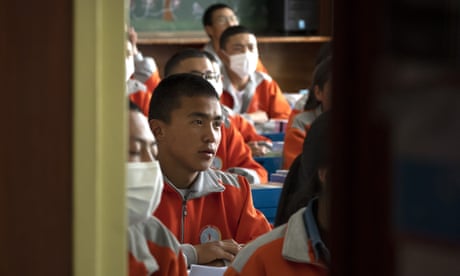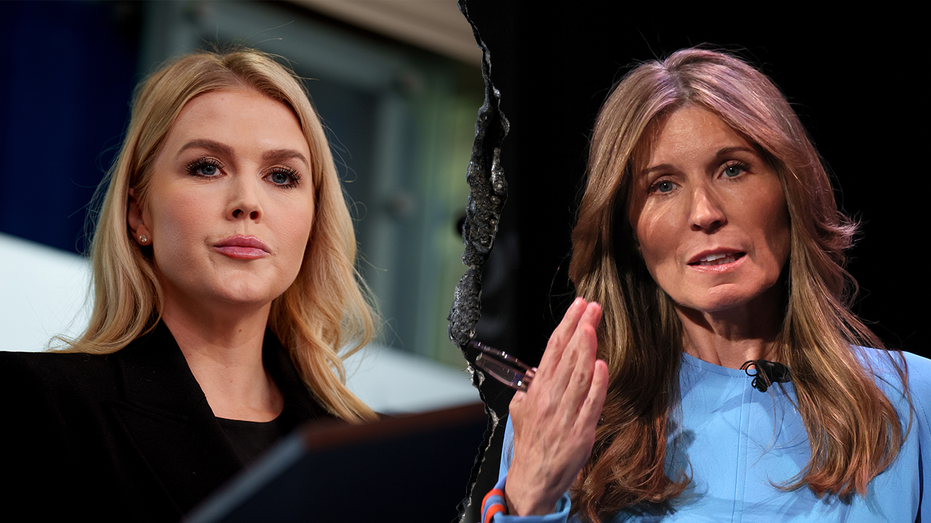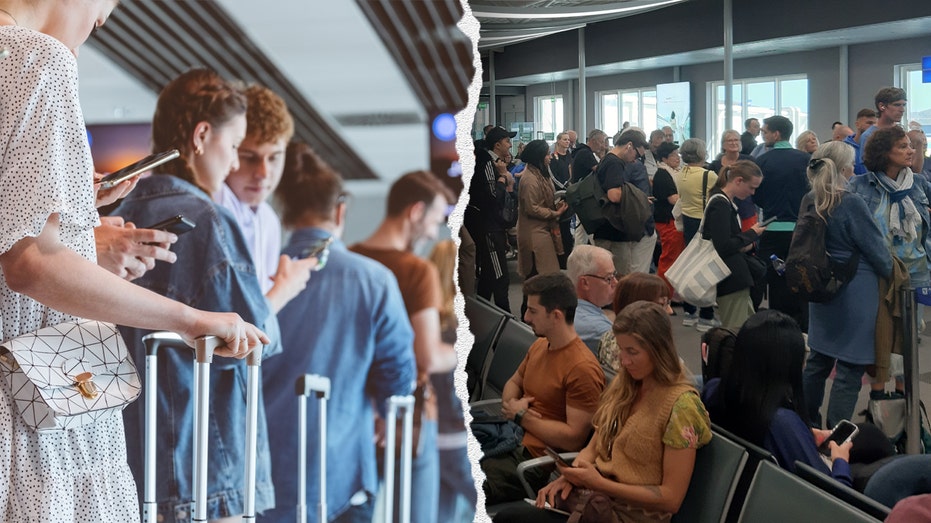- by foxnews
- 06 Mar 2025
Chinese dialects in decline as government enforces Mandarin
Chinese dialects in decline as government enforces Mandarin
- by theguardian
- 16 Jan 2022
- in news

It is not just ethnic languages that are being affected. In 2017, a survey circulated online showed that among the 10 dialect groups, Wu Chinese, which includes the Shanghai dialect and is spoken by about 80 million people in the eastern part of the country, has the smallest number of active users aged between six and 20. It prompted concern among linguists in the region.
In Shanghai, where Qi grew up, activists have campaigned to encourage use of their dialect for many years. In 2020, a local political representative urged the Shanghai government to invest in promoting the local dialect. The government responded by upgrading the local Huju opera annual festival to a municipality-level activity. This success encouraged Qi. But he is realistic about how much activists can accomplish. In 2014, the TV programme Shanghai Dialect Talk on Shanghai Doco TV was taken off air after the government insisted on the use of standard Mandarin for the channel to be broadcast nationally. Chinese laws prevent satellite TV channels from broadcasting in local dialects.
Activists are turning to social media and local events. A new group of volunteers has been making a recording of Blossoms, by Jin Yucheng, winner of the prestigious Mao Dun literature prize and one of the few novels written in the Shanghainese dialect of Wu. Every few weeks, the organisers upload chapters to WeChat and Himalaya, a Chinese podcast site. Qi is now compiling a Shanghai dialect dictionary.
In 2000, China passed laws to standardise spoken and written language. In each province, a language committee advises, monitors and polices the use of Mandarin. The strength of the implementation varies, but it is not difficult for a determined government to enforce its policy. In September, the south-western province of Sichuan banned civil servants and party cadres from using the local dialect in the workplace, a language once used on national TV by Deng Xiaoping, the former supreme leader, before his death in 1997.
A 2010 study by Beijing Union University found that nearly half of local Beijing residents born after 1980 prefer using Mandarin Chinese over the Beijing dialect.
- by foxnews
- descember 09, 2016
'Gate lice' run-ins have flyers demanding more airlines 'crack down' on pesky travel trend
Passengers are asking major airlines to do something about "gate lice" problem at airports. American Airlines currently has new tech to stop the line-cutters.
read more


